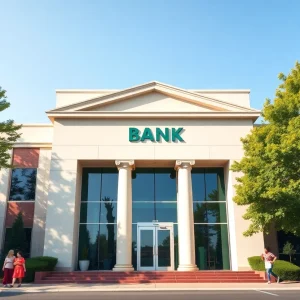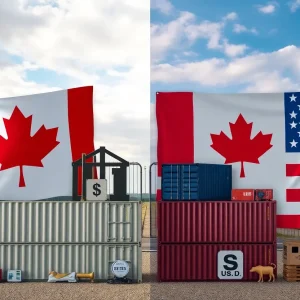Florence’s Own Maria Whitehead: A Champion of Land Conservation
Florence, SC – If you’ve ever wandered through the beautiful landscapes of South Carolina or gazed at the serene waters of the Santee River, you’ve felt the impact of Maria Whitehead. This dedicated land conservationist has been tirelessly working to protect the precious environment that many residents cherish. Maria, who grew up in the Back Swamp Community just outside Florence, has always had a profound connection to the land, shaped by her childhood spent exploring her family’s 200-year-old farm.
Rooted in Nature
Growing up with her brothers, Maria experienced the freedom of grassy fields, cool river swims, and a unique bond with nature—pets included snakes, frogs, and even a great horned owl. “Those memories instilled in me a love for the land that I carry to this day,” she reminisced. “What we need most is to make sure that everyone has the chance to experience this beauty.”
As the Senior Vice President and Director of Land for the Southeast at the Open Space Institute, Maria has been instrumental in conserving over 75,000 acres across the Southeast, from the vibrant coastlines of Myrtle Beach to the untouched lands of central Georgia.
A Historic Achievement
Maria’s crowning achievement so far has been her crucial role in establishing South Carolina’s first state park in nearly two decades, the Black River State Park. This park and its extended network of trails span an impressive 70 miles along the scenic Black River. In a recent project, she contributed to an effort aimed at developing conservation strategies for an astounding 62,000 acres across South Carolina. Just to put that in perspective, that’s more than three times the size of Hilton Head Island!
A Decade of Dedication
Maria’s journey in conservation began after finding her passion for land protection while studying at Davidson College, where she also discovered her love for birds during work abroad in Australia. Following her academic achievements, she melded her love for education and conservation at various South Carolina universities, all while focusing on making a difference on the ground. She has spent years shaping access to lands that mean so much to families, communities, and wildlife alike.
Bringing People Together
What sets Maria apart isn’t just her impressive track record but her passion for inclusivity. Her colleagues have noted that she aims to bring as many voices to the conversation as possible. Paul McCormack, the director of state parks for South Carolina, described her as someone whose engagement and vision were infectious. “Maria inspires everyone she meets to take action and join her on this journey,” he said.
A Collective Achievement
Maria feels that her awards and accolades—most notably the prestigious 2024 Honorable Cornelius Amory Pugsley Medal—are a result of a wider community effort. “I’m just part of a larger conservation family here in South Carolina,” she said humbly. “We’ve worked together to protect our shared natural heritage.”
Family and the Future
When she isn’t busy working on land conservation, Maria cherishes her role as a mother of three adventurous daughters, who are being raised in much the same way she was. “I often see them exploring outside, creating their own adventures, and embracing nature as their playground,” she shared with a proud smile. “That joy, that confidence? It comes from being outside in the wild.”
The Power of Connection
In her acceptance speech, Maria quoted the profound words of Wendell Berry: “Nobody can discover the world for somebody else. Only when we discover it for ourselves does it become common ground and a common bond.” This sentiment perfectly captures her mission—to connect people with the land that sustains us all. Whether you’re hiking in a new park or enjoying a picnic by the river, Maria Whitehead’s work continues to ensure that nature remains a vibrant part of our lives.
As Maria looks ahead, her commitment to land conservation and connection with people remains strong. For her, it’s all about the love! Nature is not just a backdrop to life; it’s a vital ingredient that enriches our communities and strengthens our bonds with one another.









